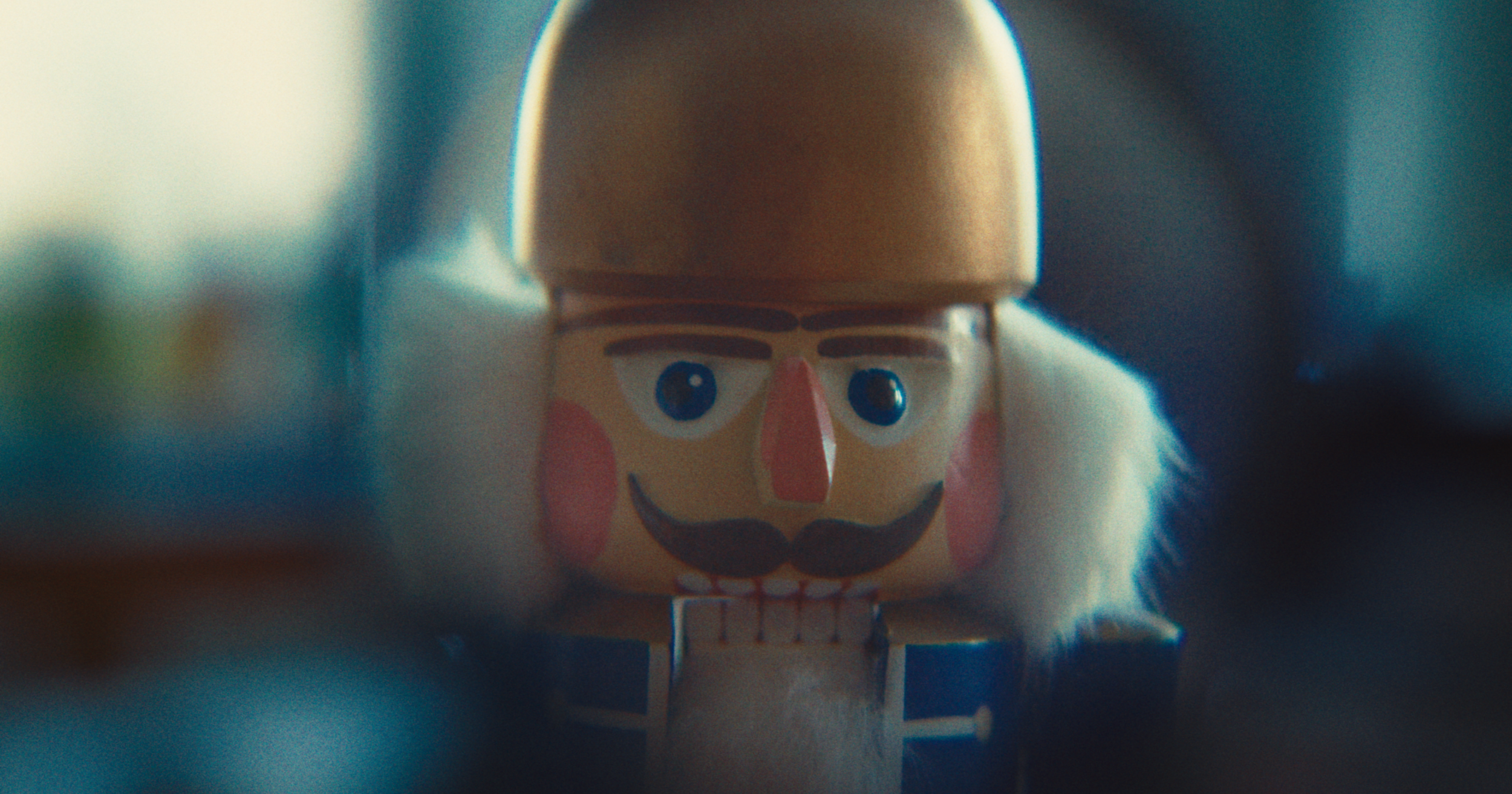THE CHIMNEY SWEEPER
Short Documentary
Markus’ great-great-great-grandfather invented the nutcracker.
Markus makes nutcracker’s for a living, as did each of his forefathers between him and the great inventor.
This documentary is about Markus.
A film by Jack Raese.
Featuring Markus Füchtner and Tristan Füchtner.
Original Soundtrack by Paul Marschke.
Filmed entirely in Seiffen (POP 1,859), East Germany.
Not a single additional crew member.
Made with $700, which was spent predominantly on the three trains it took to get there.

This documentary was made as part of a study abroad program in Germany. I, a 21 year old film student from the Midwest, was tasked with picking any single person in the entirety of Europe to put a lens to — this was also my first time in Europe. Some weeks into my stay, I happened upon a rural newspaper with a headline that went something like this:
THE FAMILY THAT INVENTED THE NUTCRACKER IS STILL MAKING THEM.
A photo of Markus, a smile on his face and an ancient nutcracker in his hands, was attached. After reading, I was quickly sold that this craftsman is my subject. I spent ten days filming at Markus’ workshop, a fly on the wall. The majority of his interactions were in German, a language I didn’t and still don’t speak. Yet, somehow, there was this silent understanding growing between myself and those around me. I was becoming more familiar with this tiny Christmas town than I was with my own home.
I originally intended this film to be about Markus’ second son, (not the son currently in the film), who had no aspirations of becoming a nutcracker craftsman. Instead, this son wanted to be a filmmaker. I was once a wannabe filmmaker in a family that featured a deep lineage - (my elder brothers name includes a VII) - and so this conflict was one I quickly understood. However, after arriving in Seiffen, I found out that this filmmaker son is very shy, and clearly didn’t have an interest being filmed. Simultaneously, Markus revealed a significant interest in the film, and a profound comfortability on screen. I later found out that he actually is something of a reality television star in East Germany, so the presence of a camera was nothing new to him. Thus, my adaptation was to — rather than center my film on this second son — structure the film as if I were his second son; to shoot the workshop with a childish sense of humor — fisheye lenses and low angles. In this way, the necessary contrast between Markus and his second son would remain. Markus' perspective would be the subject, and his son's would be the style, texture, and tone. With each question I posed or shot I composed, I'd ask myself: if I were this man's son, what would I do?
SPECIAL THANKS TO
Vanessa Baldyga
Skylar DeYoung
Victoria Neumann
Giorgia Tettamanti
Lea Sopie Wittwer
Student Workers
Bettina Braun
Beryl Magoko
Mikael Kreuzriegler
Astrid Menze
Sunjha Kim
Lisa Pohlers
Willi Buss
Carola Füchtner
Vincent Pfau
Gunther Füchtner
Lea Traxel
My Peers at AiB



